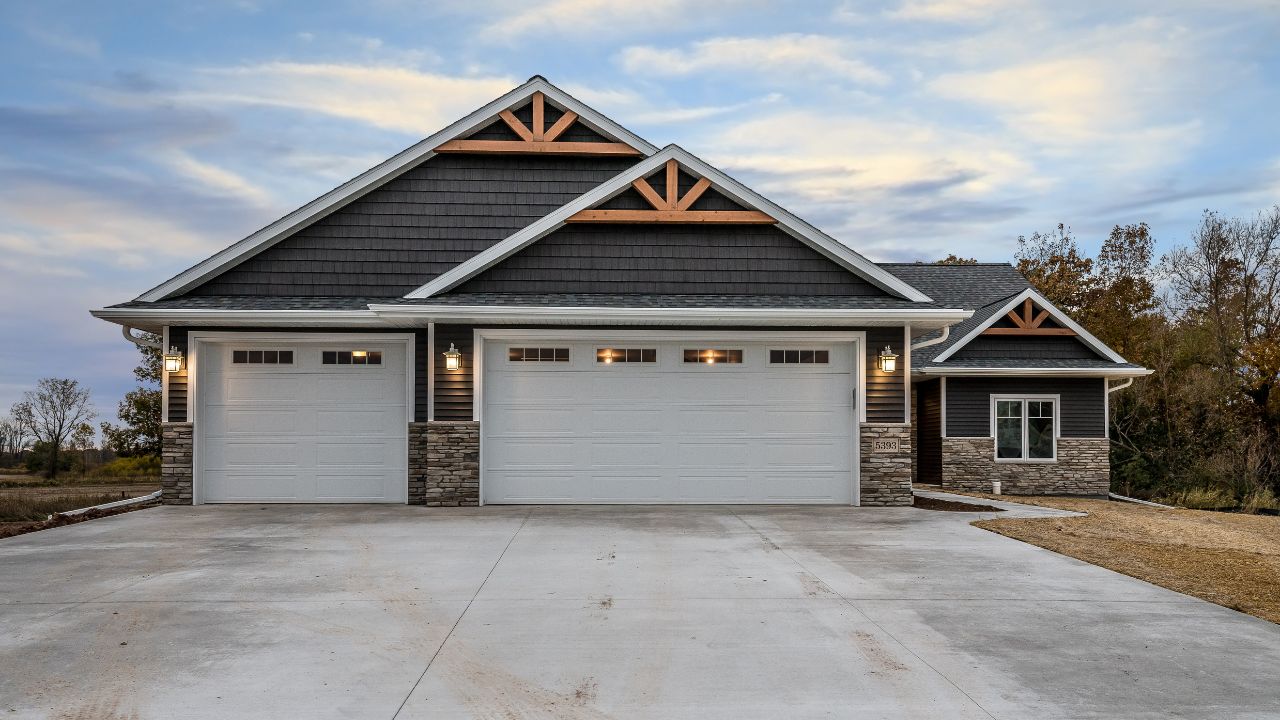How the Calculator Works
The calculator uses the following inputs to estimate costs:
- Garage Dimensions: Length, width, and height.
- Block Dimensions: Length, width, and height of each concrete block.
- Costs: Cost per block, labor cost per block, and additional features cost.
Using these inputs, the calculator computes:
- Total Blocks Required
- Material Cost
- Labor Cost
- Total Cost
Formulas Used in the Calculator
1. Garage Volume
The total volume of the garage is calculated by multiplying its length, width, and height.
Garage Volume=Length×Width×Height
2. Block Volume
The volume of one concrete block is calculated by multiplying its length, width, and height.
Block Volume=Block Length×Block Width×Block Height
3. Total Blocks Required
The total number of blocks required is calculated by dividing the garage volume by the block volume and rounding up to the nearest whole number.
Total Blocks=⌈Block VolumeGarage Volume⌉
4. Material Cost
The material cost is calculated by multiplying the total number of blocks by the cost per block.
Material Cost=Total Blocks×Cost per Block
5. Labor Cost
The labor cost is calculated by multiplying the total number of blocks by the labor cost per block.
Labor Cost=Total Blocks×Labor Cost per Block
6. Total Cost
The total cost is calculated by adding the material cost, labor cost, and additional features cost.
Total Cost=Material Cost+Labor Cost+Additional Features Cost
Example Calculation
Let’s walk through an example to see how the calculator works.
Inputs:
- Garage Length: 20 ft
- Garage Width: 15 ft
- Garage Height: 10 ft
- Block Length: 1 ft
- Block Width: 0.5 ft
- Block Height: 0.5 ft
- Cost per Block: $5
- Labor Cost per Block: $3
- Additional Features Cost: $1,000
Step 1: Calculate Garage Volume
Garage Volume=20ft×15ft×10ft=3,000ft³
Step 2: Calculate Block Volume
Block Volume=1ft×0.5ft×0.5ft=0.25ft³
Step 3: Calculate Total Blocks Required
Total Blocks=⌈0.25ft³3,000ft³⌉=12,000blocks
Step 4: Calculate Material Cost
Material Cost=12,000blocks×$5/block=$60,000
Step 5: Calculate Labor Cost
Labor Cost=12,000blocks×$3/block=$36,000
Step 6: Calculate Total Cost
Total Cost=$60,000+$36,000+$1,000=$97,000
Summary of Results
- Total Blocks Required: 12,000 blocks
- Material Cost: $60,000
- Labor Cost: $36,000
- Total Cost: $97,000
Why Use the Calculator?
- Accuracy: Ensures precise cost estimates by considering all relevant factors.
- Time-Saving: Quickly calculates costs without manual computations.
- Flexibility: Allows users to adjust inputs (e.g., dimensions, costs) to match their specific project requirements.

Check out 5 similar Concrete Block Garage Calculator :